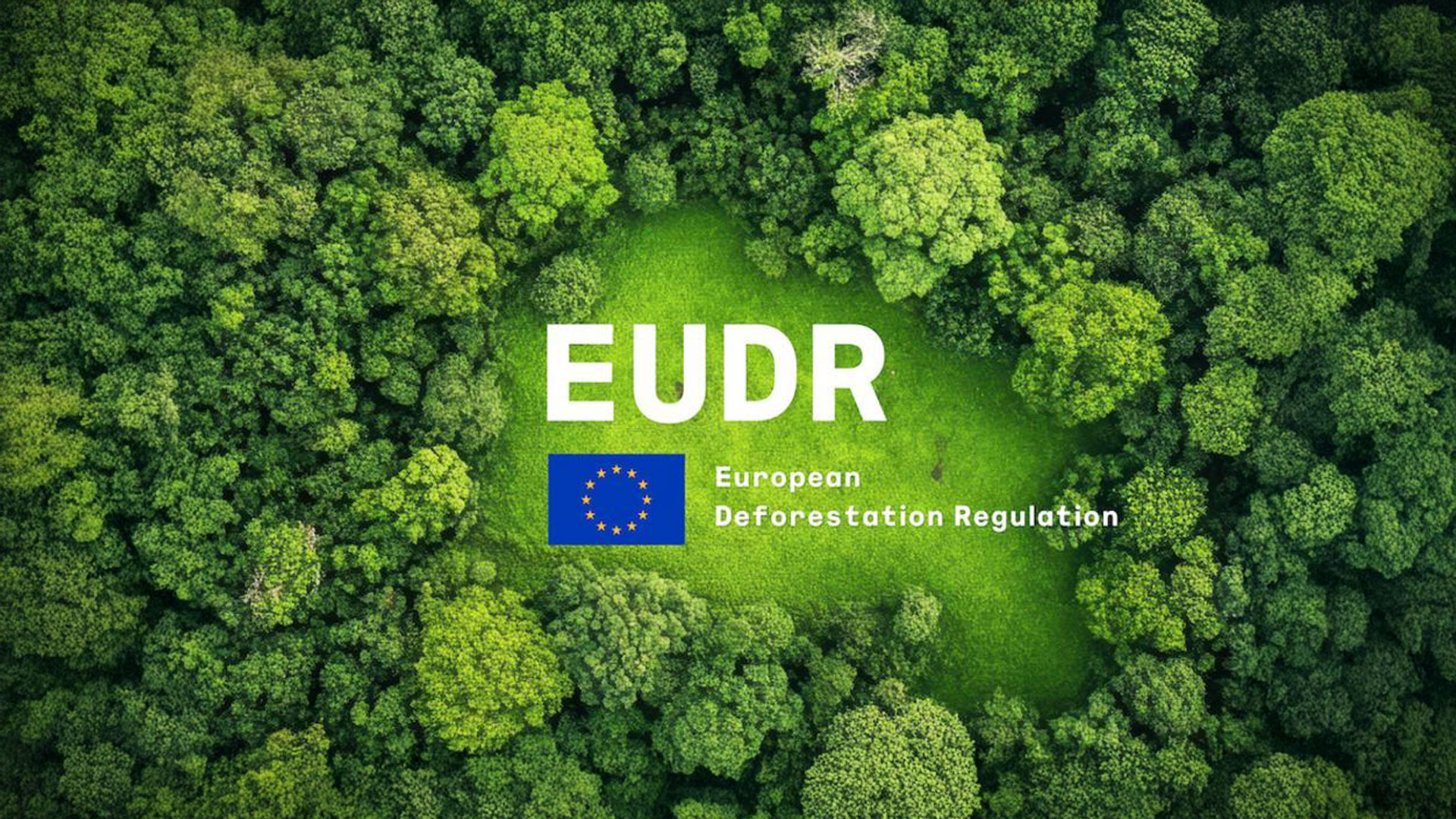The European Commission has proposed a further 12-month delay to the full implementation of its flagship regulation on deforestation-free supply chains. Originally due to apply from December 2025, the rules had already been postponed once and are now expected to take effect in December 2026.
The delay is due to technical challenges in developing the central IT system that will handle large-scale compliance submissions. The platform is being designed to process complex supply chain data at scale, but has proven slower to implement than anticipated.




